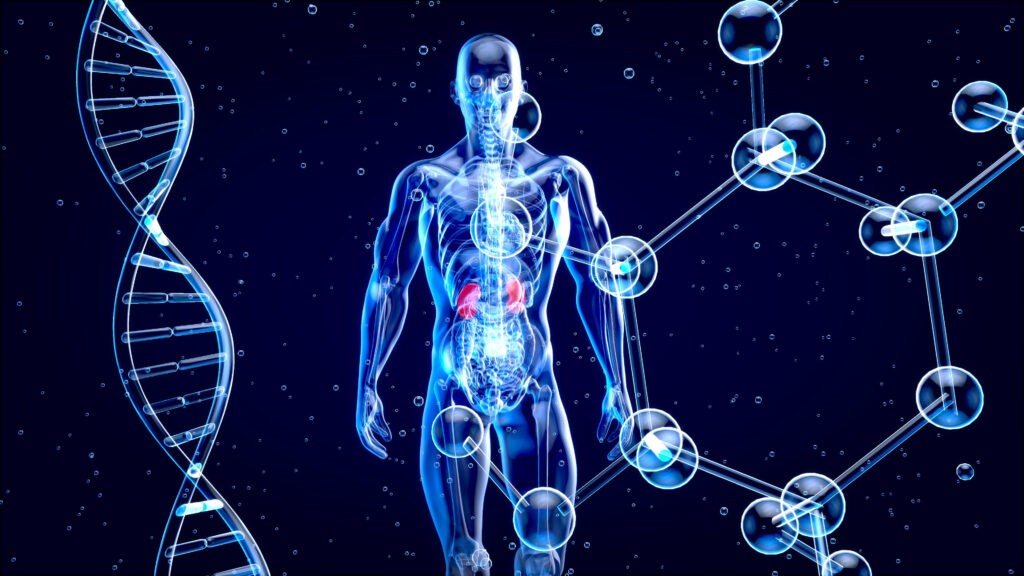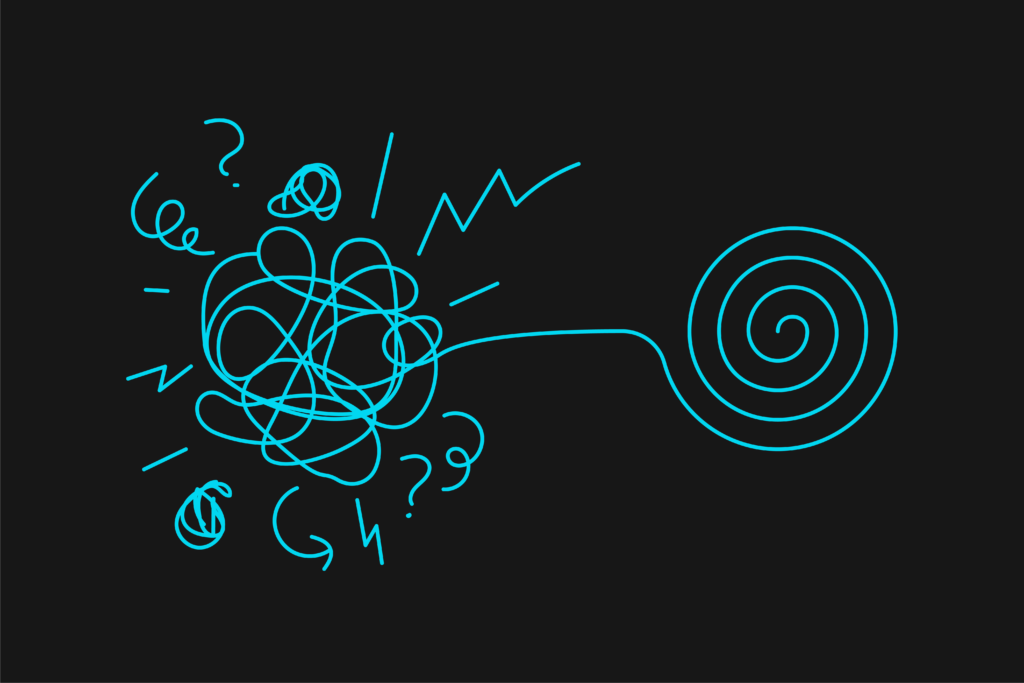
The gut-brain connection is a communication system that allows your gut and brain to constantly send signals back and forth. This link is important for your overall health because what happens in your gut affects your mood, and how you feel mentally influences your digestion. According to research, maintaining a healthy gut and brain is essential for improving digestion and mental well-being, allowing you to feel your best both physically and emotionally.
Table of Contents
ToggleHow the Gut and Brain Communicate
The gut and brain are in constant communication via a system known as the gut-brain axis. This connection allows signals to travel between the brain and the gut, primarily through the vagus nerve, which acts as a communication highway. The brain can influence digestion via this nerve, and the gut can communicate with the brain about its health. One of the most fascinating features of this connection is that the gut produces neurotransmitters such as serotonin, which is known to regulate mood. In fact, approximately 90% of serotonin is produced in the gut, proving how closely digestive health and mental well-being relate.
The Role of the Gut Microbiome
The gut microbiome refers to trillions of microorganisms, including bacteria, that live in our digestive tract. These tiny organisms help break down food, absorb nutrients, and protect against harmful pathogens. Interestingly, gut bacteria have a direct impact on brain function and mood by producing neurotransmitters like serotonin, which affect our emotions. A healthy balance of “good” bacteria promotes digestion, improves mood, and strengthens the immune system, whereas an overgrowth of “bad” bacteria can cause digestive issues and even mental health problems such as anxiety and depression. Maintaining a balanced microbiome is critical to overall health.

Impact of Gut Health on Mental Health
Your gut health has a big impact on how you feel emotionally. Digestive disorders such as IBS and leaky gut can cause anxiety, depression, and mood swings because the gut and brain are constantly communicating. When your gut is unhealthy, it sends distress signals to your brain, causing mental health issues. Scientific studies have found a strong link between digestive issues and mental health. The good news is that improving gut health through diet and lifestyle changes has resulted in significant improvements in mental health, with many people feeling calmer and more balanced.
Foods and Nutrients that Support the Gut-Brain Connection
Certain foods are essential for maintaining good gut and brain health. Probiotic-rich foods such as yogurt, kefir, and sauerkraut contain beneficial bacteria that aid digestion and improve mental health. Prebiotic foods, such as garlic and bananas, nourish these beneficial bacteria, allowing them to thrive. Fiber from fruits, vegetables, and whole grains aids digestion, whereas fermented foods and omega-3 fatty acids (found in fish such as salmon) reduce inflammation and improve brain function. Finally, vitamins B-complex and D, as well as essential minerals, help to strengthen the gut-brain connection and improve overall health.
Lifestyle Practices to Strengthen the Gut-Brain Connection
Managing stress is essential for a healthy gut-brain connection. Mindfulness and yoga are two practices that help to calm the mind and reduce stress, which can improve gut health by lowering inflammation and balancing hormones. Regular exercise is another excellent way to support this connection because it promotes the growth of “good” bacteria in the gut and releases endorphins, which improve mood. Finally, getting enough restful sleep is essential. Poor sleep disrupts gut health and can cause mood problems, whereas good sleep keeps your digestive system and mind in check.

Probiotics and Mental Health: What Does Research Say?
Recent research indicates that taking probiotic supplements can help reduce symptoms of depression and anxiety. These “good” bacteria help maintain a healthy gut, which improves brain function and mood. Specific strains, such as Lactobacillus and Bifidobacterium, have been shown to improve mental health by balancing gut bacteria and lowering inflammation, which is frequently associated with mood disorders. Incorporating probiotics into your diet, whether through supplements or fermented foods, can benefit both your digestive and mental health.
Gut-Brain Disorders: Common Conditions and Symptoms
Certain digestive conditions, like Irritable Bowel Syndrome (IBS), are closely linked to stress and mental health. When you’re stressed, it can trigger gut issues, and in turn, digestive problems can lead to anxiety or mood swings, creating a cycle that affects both the gut and the brain. Common symptoms that show the connection between these two include brain fog, where you feel mentally unclear or forgetful, and chronic fatigue, where you’re always tired, even with enough sleep. These symptoms highlight how the health of your gut can directly impact your mental and physical well-being.
Conclusion
In conclusion, maintaining a healthy gut-brain connection is vital for both our digestive and mental well-being. By understanding how our gut health influences our mood and cognitive function, we can make informed lifestyle choices that benefit both areas. Simple changes, such as eating a balanced diet rich in probiotics and fiber, managing stress, and getting regular exercise, can significantly enhance this connection. We’d love to hear from you! Please share your experiences or any questions you have about gut-brain health in the comments below. Your insights could inspire others on their journey to better health!
FAQs
The gut-brain connection is a complex communication network between the gut and the brain that affects both digestive health and mental well-being.
The gut microbiome produces neurotransmitters and other chemicals that can affect mood, anxiety, and cognitive function, demonstrating that gut health is critical for mental health.
Yes, conditions such as irritable bowel syndrome (IBS) or leaky gut can cause anxiety, depression, and other mood disorders due to bidirectional communication between the gut and the brain.
Foods high in probiotics (such as yogurt and kefir), prebiotics (such as bananas and onions), and omega-3 fatty acids (found in fish and flaxseeds) can help to maintain a healthy gut microbiome, which in turn benefits mental health.
Stress can alter gut motility and inflammation, potentially leading to digestive issues and gut bacteria imbalances, both of which can have a negative impact on mental health.